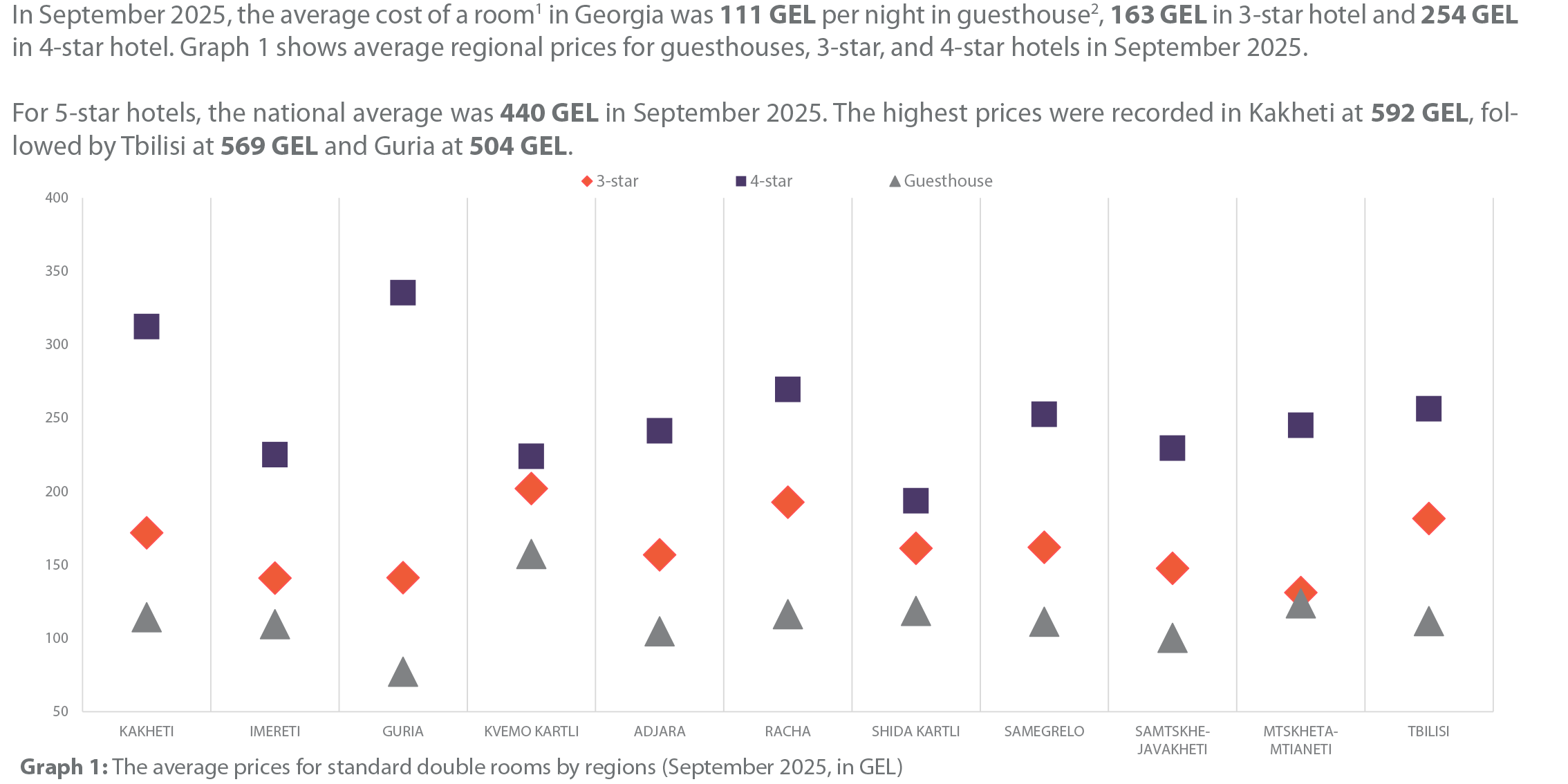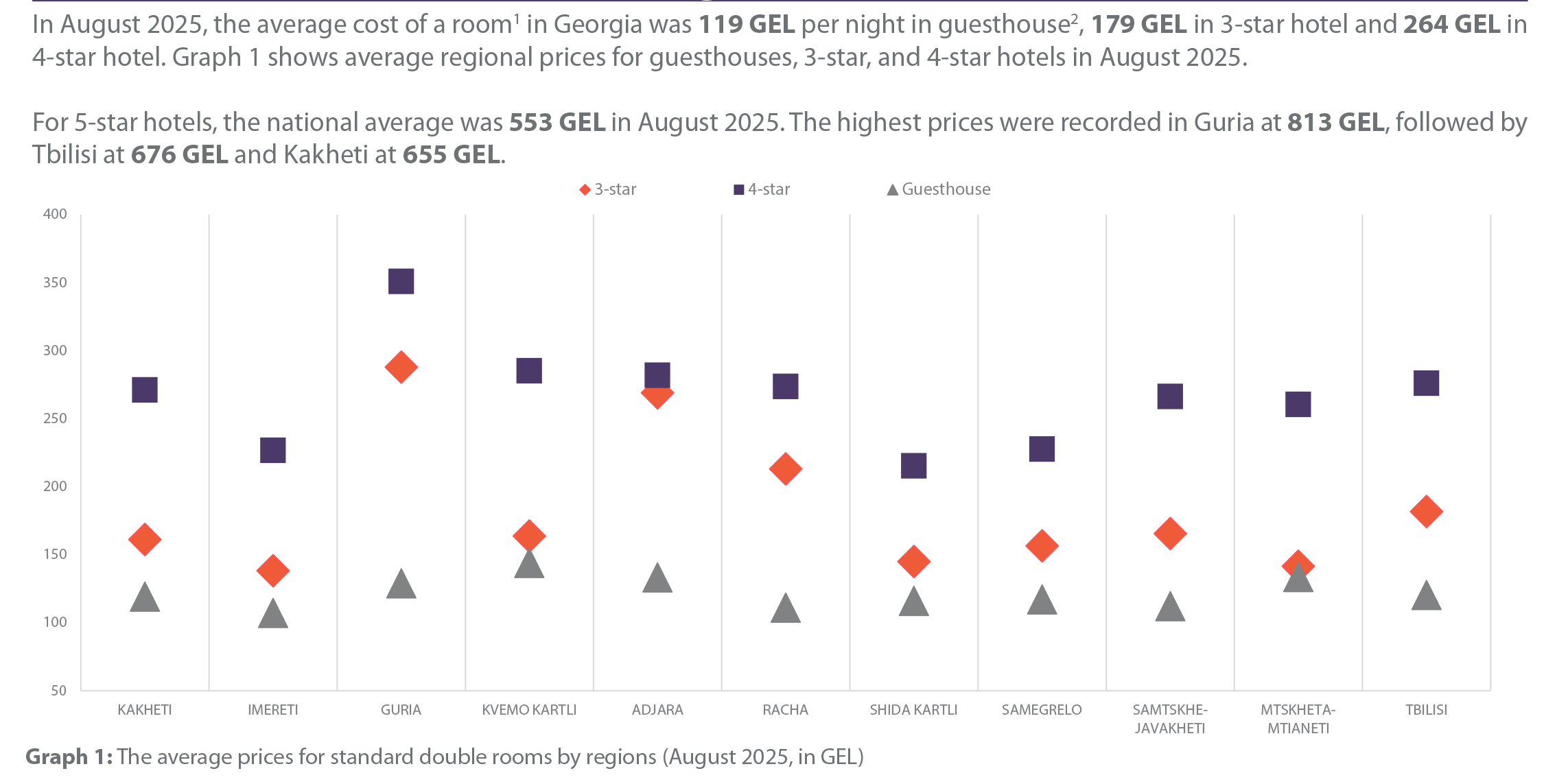Projects
Data Collection Survey on Health and Medical Sector in Georgia
The main objective of this project is to analyze the current state of the healthcare sector in Georgia and to develop recommendations for the Japan International Cooperation Agency's (JICA) further engagement therewith.
Providing Technical Assistance to Develop Guinea-Bissau Gender Profile
The project aims to develop a gender profile for Guinea-Bissau, thereafter enabling the construction of an implementation plan for a national policy on gender equality and equity, thereby helping to identify priorities for the long-term programming of the European Union (EU) for the period of 2021-2027 in Guinea-Bissau.
Final External Evaluation of Sustaining Border Management and Migration Governance (SBMMG) and Top-up Funding Project
The project aims to evaluate the results of the implementation of the Sustaining Border Management and Migration Governance (SBMMG) project, implemented since 2017, as well as a top-up funding project implemented since 2020, both by the International Organization for Migration (IOM).
Governance and Local Accountability (HOVERLA) Activity
The objective of the project is to support Ukraine to acquire technical assistance services to advance self-reliant local governance including legislative reforms, participatory strategic planning methodologies, service improvement, local economic development, civil society engagement, and capacity building of sub-national government entities.
Investment and Export Promotion via Diagonal Cumulation between Georgia, EU, and Turkey
The project is the first part of the three-stage initiative of the USAID Economic Security Program aiming to promote investment and export via diagonal cumulation between Georgia, the European Union (EU), and Turkey.
Support to Security Sector Oversight Bodies in Georgia
The overall objective of this action is to increase human security in Georgia by enhancing the accountability of security-related actors. In particular, the project aims to consolidate and strengthen the role and activities of independent oversight bodies in Georgia in line with best EU and international practices.
Regional Public Opinion Surveys on Cybercrime Reporting and Online Security
The purpose of the evaluation is to support the selected countries to shape future policies, strategies, and capacity-building responses on cybercrime, cybersecurity, and electronic evidence in the near-and medium-term.
Introducing the Business Continuity Management Model for Public Organizations and Municipalities in Georgia
The general objective of the project is to support the National Security Council Office (NSCO), the Civil Service Bureau of Georgia (CSB), and selected public organizations and municipalities to strengthen the resilience of the Georgian civil service with respect to emergencies as well as facilitating a quick recovery of business functions after disruptions caused by emergencies.
Mixed-Method Evaluation of US Embassy Public Affairs Foreign Assistance Programs in Georgia
The aim of this project is to evaluate how effectively the current program designs are achieving the desired results of building skills, developing attitudes, and increasing awareness among participants, as well as tracking how the effects of programs are maintained in the long term.
Study and Evaluation of Trends in General Education in Georgia
PMCG is partnering with Mathematica Inc. to develop a thorough understanding of the trends in general education in Georgia and to conduct a system diagnosis.
The analysis will focus on assessing the current situation in general education in terms of quality, equity and efficiency, as well as in terms of management, school climate, and learning.














